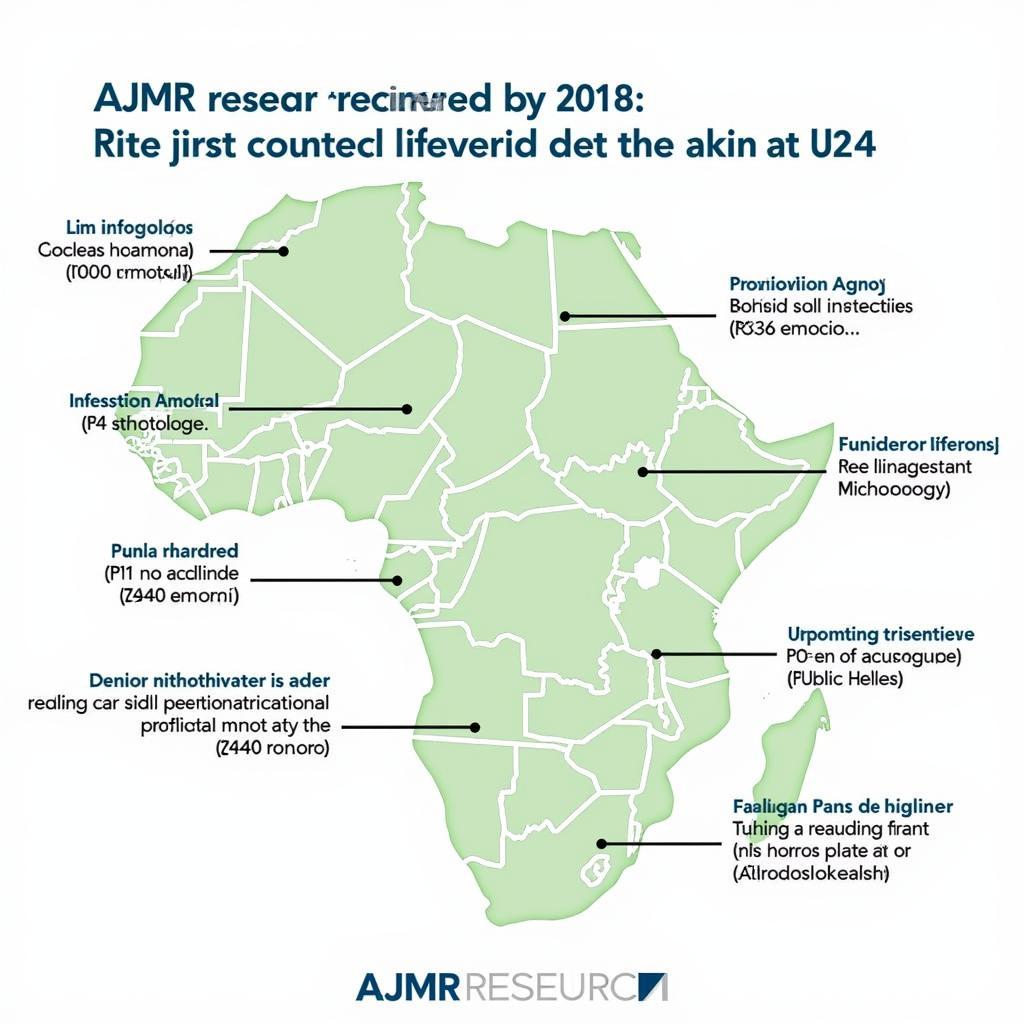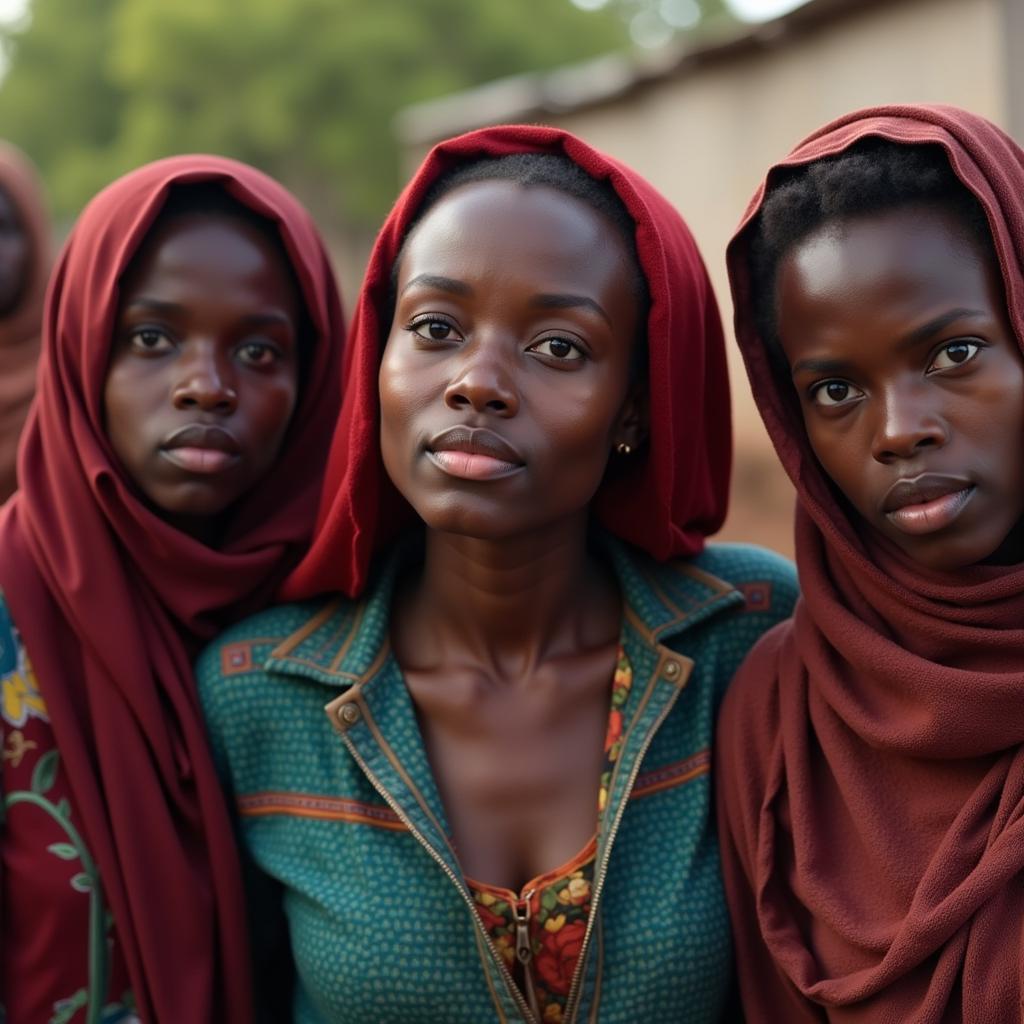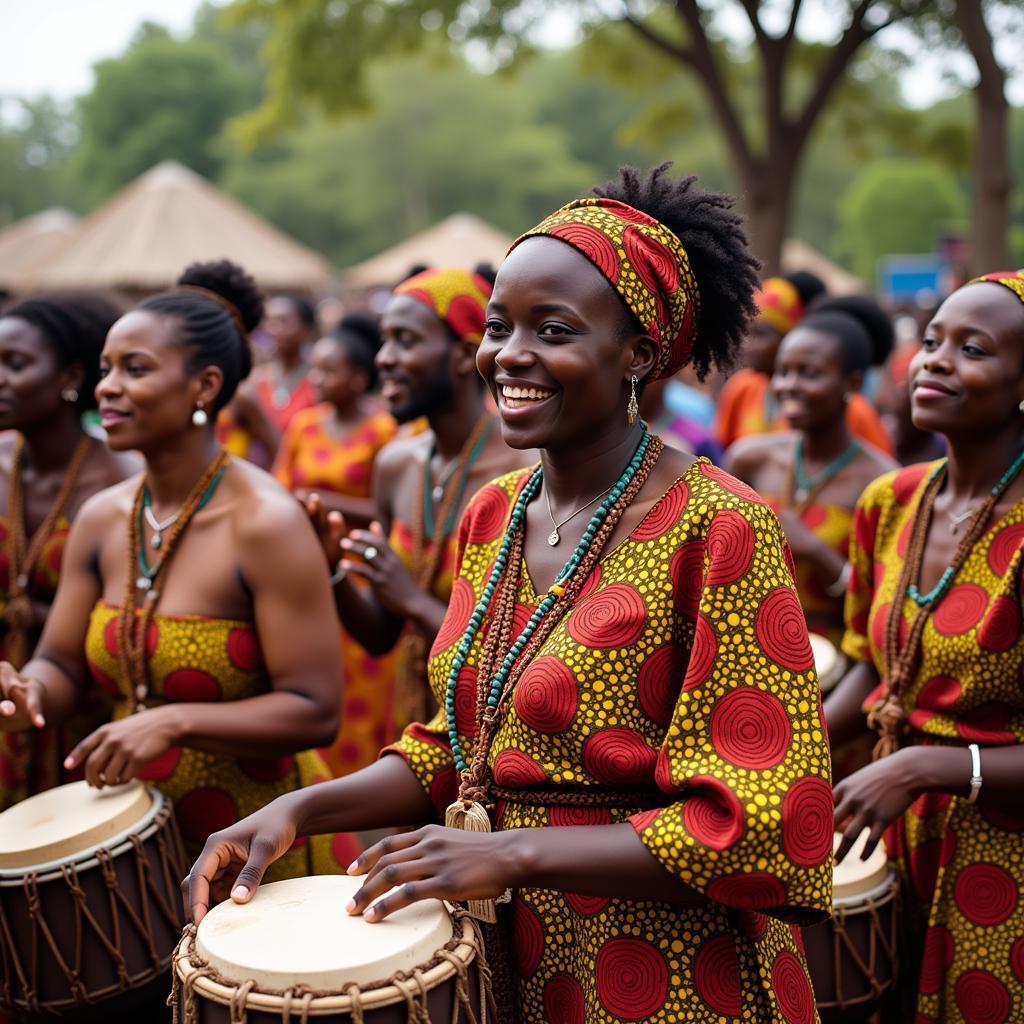The African Cocktail: More Than Just a Drink
The African cocktail is more than just a beverage; it’s a vibrant tapestry woven from the continent’s rich history, diverse cultures, and abundant natural bounty. This isn’t about a single, definitive recipe, but rather a celebration of the creativity and ingenuity found across Africa, where local ingredients are transformed into unique and flavorful concoctions.
A Fusion of Flavors: Exploring Regional Variations
From the Maghreb to the Cape, every corner of Africa boasts its own distinctive take on the “African cocktail.” These drinks often serve as a delicious introduction to a region’s unique flavors and cultural influences.
North Africa: Where Sweet Meets Savory
In North Africa, the “African cocktail” often leans towards sweet and refreshing, mirroring the region’s vibrant citrus fruits and fragrant spices. Think date-infused concoctions, pomegranate juice blended with sparkling water, or mint tea served ice-cold with a squeeze of lemon.
West Africa: Celebrating Fruits and Spices
West Africa explodes with an abundance of tropical fruits, many of which find their way into the local cocktails. Picture a pineapple and ginger beer, a hibiscus tea cooler with a hint of lime, or a creamy avocado and coconut drink, perfect for cooling down on a hot day.
East Africa: A Taste of the Savannah
East Africa’s cocktails are as diverse as its landscapes, often incorporating indigenous fruits and spices. Imagine sipping on a tangy baobab fruit smoothie, a refreshing passion fruit and ginger ale, or a Dawa, a popular Kenyan cocktail made with vodka, honey, lime, and muddled sugar cane.
Southern Africa: A Toast to Wine Country
Southern Africa, known for its vineyards, offers a more sophisticated take on the “African cocktail.” Wine-based cocktails are popular, often featuring local varietals like Pinotage or Chenin Blanc. Think refreshing white wine spritzers with a splash of grapefruit juice or a rooibos tea and brandy cocktail, perfect for a chilly evening.
More Than a Drink: The Cultural Significance
Beyond their delicious flavors, African cocktails hold deep cultural significance. They are often shared during celebrations, ceremonies, and social gatherings, acting as a symbol of hospitality and community.
A Toast to Tradition
Many “African cocktails” are rooted in ancient traditions, often using ingredients and techniques passed down through generations. For example, palm wine, made from the sap of palm trees, is a traditional alcoholic beverage enjoyed in many parts of West and Central Africa, often during festivals and special occasions.
A Celebration of Community
In many African cultures, sharing a drink is an integral part of social interaction, fostering a sense of community and togetherness. Whether it’s gathering for a sundowner after a long day or enjoying a traditional brew during a village celebration, these drinks facilitate connection and shared experiences.
Crafting Your Own African Cocktail Experience
The beauty of the “African cocktail” lies in its diversity and adaptability. Don’t be afraid to experiment with different ingredients, flavors, and techniques to create your own unique concoctions that capture the spirit of Africa.
Tips for Creating Your Own African-Inspired Drinks
- Embrace Local: Seek out fresh, seasonal ingredients from your local farmers market or grocery store.
- Think Outside the Glass: Don’t limit yourself to traditional cocktail ingredients. Explore using African spices, herbs, and fruits to add unique flavors to your drinks.
- Get Inspired: Research traditional African beverages and use them as a starting point for your own creations.
- Share the Experience: Invite friends and family over to sample your creations and learn more about the diverse flavors of Africa.
The “African cocktail” is a journey of discovery, an invitation to explore the continent’s rich tapestry of flavors and traditions. So, raise a glass, and let your taste buds embark on an unforgettable African adventure.
FAQs about African Cocktails
1. What is the most popular cocktail in Africa?
Africa’s cocktail scene is incredibly diverse, with no single “most popular” drink. However, some widely enjoyed options include the Dawa in East Africa, palm wine in West Africa, and various wine-based cocktails in Southern Africa.
2. Are African cocktails alcoholic?
Like cocktails worldwide, African cocktails can be alcoholic or non-alcoholic. Traditional beverages like palm wine are alcoholic, while many modern cocktails offer non-alcoholic variations.
3. Where can I find recipes for African cocktails?
Numerous online resources and cookbooks specialize in African cuisine, offering a wealth of cocktail recipes. You can also find inspiration from African restaurants and bars.
Need More Inspiration?
Explore these related articles on our website:
- A Guide to African Spices and How to Use Them
- Exploring the Diverse World of African Cuisine
- The Art of Hospitality: Cultural Traditions in Africa
Contact Us:
Need help planning your African culinary adventure? We’re here to assist!
Phone: +255768904061
Email: kaka.mag@gmail.com
Address: Mbarali DC Mawindi, Kangaga, Tanzania
Our dedicated customer support team is available 24/7 to answer your questions.



